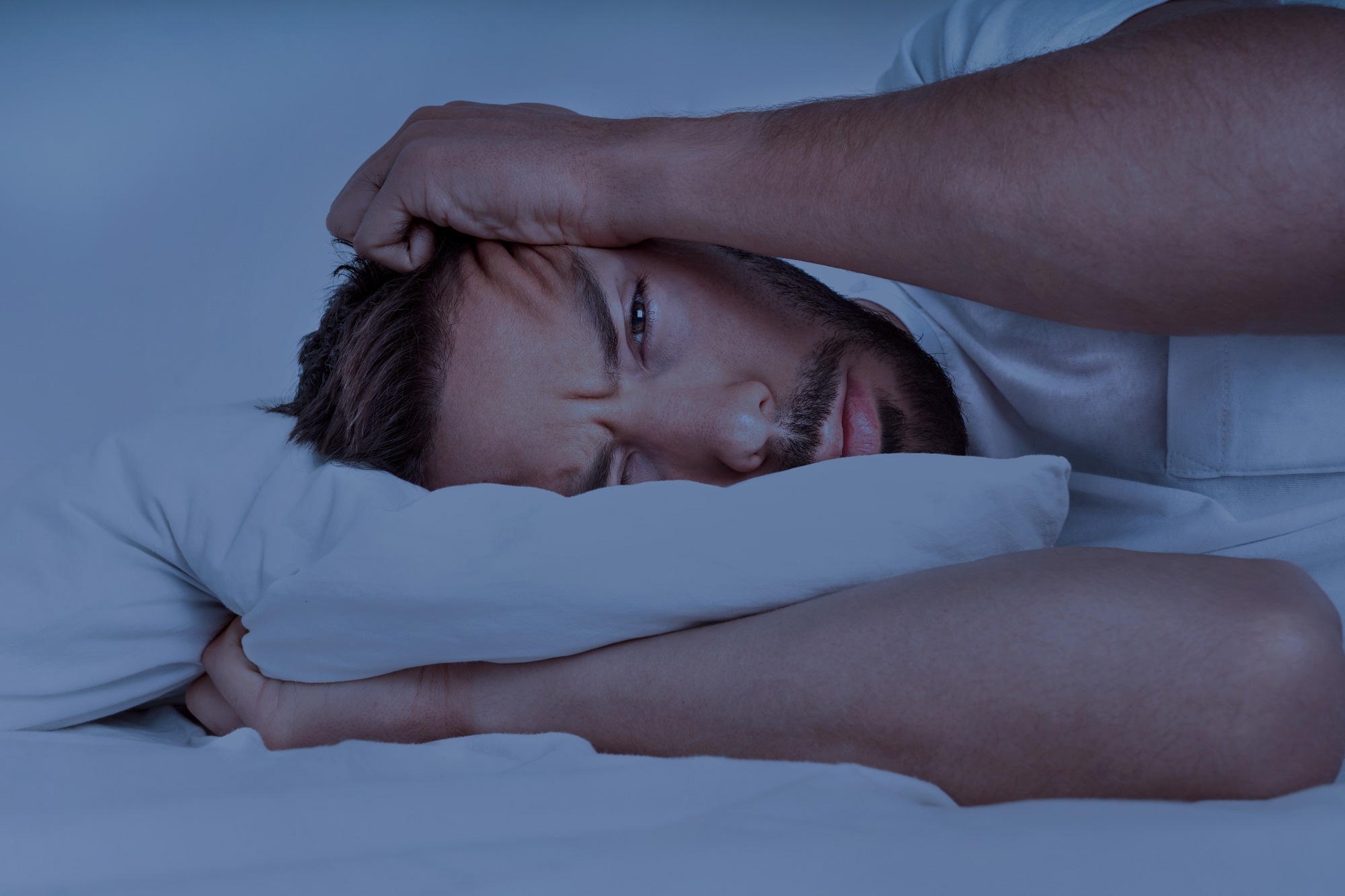Their results indicate that most experts find the available information on POIS inadequate and commonly refer patients for psychotherapy or prescribe antihistamines, though symptom improvement remains limited.
 Study: Recognition and practice patterns of sexual medicine experts towards postorgasmic illness syndrome. Image Credit: Creative Cat Studio / Shutterstock
Study: Recognition and practice patterns of sexual medicine experts towards postorgasmic illness syndrome. Image Credit: Creative Cat Studio / Shutterstock
Background
An uncommon condition initially described in 2002, POIS is an illness where affected individuals show flu-like symptoms, like muscle pain, fever, irritability, and fatigue, after orgasm.
Symptoms can appear within seconds to hours post-orgasm and last between two and seven days, significantly impacting their quality of life and leading individuals to avoid sexual activities.
The prevalence of POIS is unknown due to underreporting and a lack of awareness among doctors. Most of the literature on POIS consists of case reports, but there are increasing numbers of self-reported cases online.
Many patients seek information on this condition online, indicating a lack of professional awareness and potential underdiagnosis as diagnostic criteria and recognition of the syndrome remain unclear. Previous studies have provided limited information on POIS diagnosis, treatment, and management.
About the study
In this cross-sectional study, researchers addressed an existing research gap by investigating what practice patterns followed by experts in sexual medicine globally. They sought to understand their approaches and management strategies for POIS patients and the variance of these practices among experts.
From November 14, 2022, to January 15, 2023, experts in sexual medicine worldwide were asked to anonymously participate in a self-administered survey via an online survey tool.
The survey featured a brief overview of POIS and comprised both closed-ended and open-ended questions. Participants provided informed consent in written form before starting the survey.
The link to the survey was disseminated through groups on social media, websites of various international and national organizations, and email to maximize reach. The initial four questions collected socio-demographic data, while the rest addressed clinical practices related to the diagnosis, treatment, and physiopathology of POIS.
Exclusion criteria included lack of consent, incomplete surveys, non-expert status in sexual medicine, and non-English speakers. The study adhered to established guidelines for e-survey reporting.
Data analysis was performed using statistical software packages, with categorical variables presented as percentages and numbers.
Findings
The survey saw participation from 211 experts of sexual medicine, aged slightly over 45 years on average, predominantly male (83.9%), of whom 83.9% were urologists.
The participants' experience in sexual medicine varied, with 46.9% having more than a decade of experience and 18.9% having 5-10 years; 34.1% had fewer than 5 years. A significant portion (51.2%) managed between one and five POIS patients annually, but 30.8% had never encountered a POIS patient.
Most experts (53.5%) regarded POIS as a significant sexual dysfunction needing treatment, although 40.3% believed treatment was only necessary if their patient was significantly inconvenienced, while 6.2% did not think POIS required treatment. There was a consensus on the inadequacy of the information available about POIS for patients (65.9%) as well as physicians (66.3%).
Regarding pathophysiology, 47.9% of respondents attributed PIOS to psychological disorders, 46.4% to bio-psycho-social factors, 41.2% to autonomic nervous system deregulation, and the remaining 39.8% to allergic or autoimmune reactions.
Treatment approaches varied: 56.4% would refer patients for psychotherapy or sexual therapy, 41.7% reported that they would prescribe antihistamines, and 38.4% opted for selective serotonin reuptake inhibitors (SSRIs).
Follow-up practices also varied, with 36.5% scheduling visits after one month, 23.2% after 3 months, and 15.2% not scheduling follow-ups. Symptom improvement was reported as low, with 48.3% seeing improvements in fewer than 10% of patients, 32.7% in 10-30%, and 18% in more than 30%.
Notably, 12 experts managed six or more patients yearly and reported improvements in symptoms in over 30% of cases.
Conclusions
The survey highlighted diverse practices and significant gaps in the management and knowledge of an underreported, rare condition that causes psychological and physical symptoms and for which standard treatments are not yet available.
This research is among the first to assess experts' knowledge and approaches to POIS on a global scale. It found significant gaps in knowledge, with little consensus on POIS's pathophysiology and a diversity of practices among specialists, primarily involving psychotherapy referrals.
Over 50% of participants viewed POIS as an important sexual issue needing treatment, though the information was deemed inadequate by a majority, underscoring the need for continuous education.
The study's findings reflect the diverse theories in the literature about POIS's etiology, including psychological, bio-psycho-social, autonomic nervous system deregulation, and autoimmune factors.
Treatment methods vary widely, with no definitive options. This aligns with previous reports of non-confirmed efficacy for available treatments like psychotherapy, antihistamines, and SSRIs. Follow-up practices also varied, revealing no consensus on management.
Limitations include potential selection bias, reliance on self-reported data, and the use of an unvalidated questionnaire. Despite these, the study provides valuable insights into the current state of POIS management.
Future research should focus on identifying effective treatments and increasing educational initiatives for healthcare professionals. Establishing a registry of experienced doctors could also benefit POIS patients seeking specialized care.
Journal reference:
- Recognition and practice patterns of sexual medicine experts towards post-orgasmic illness syndrome. Duran, M.B., Rubin, R.S., Reisman, Y., Serefoglu, E.C. International Journal of Impotence Research (2024). DOI: 10.1038/s41443-023-00753-x, https://www.nature.com/articles/s41443-023-00753-x